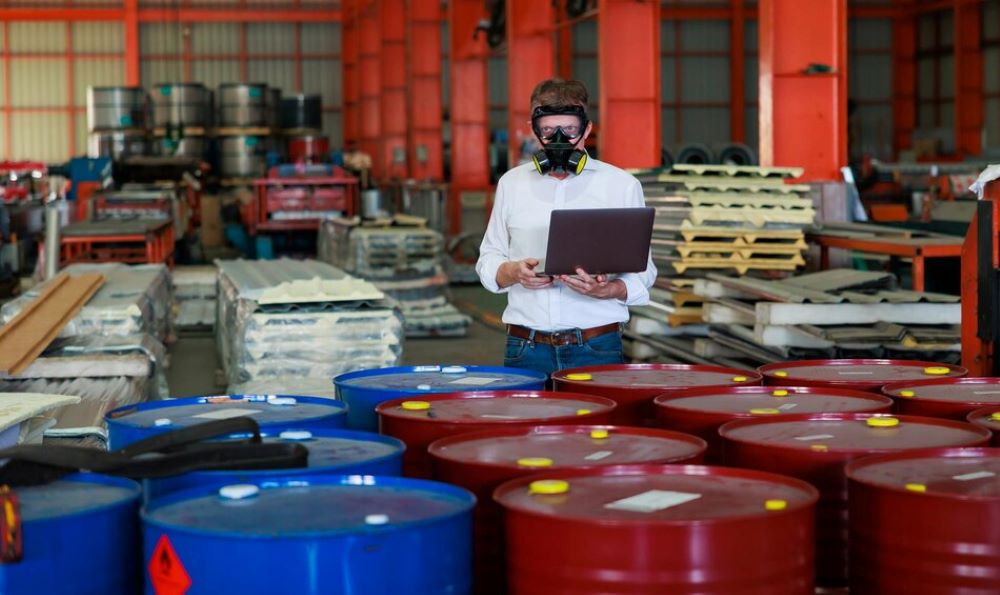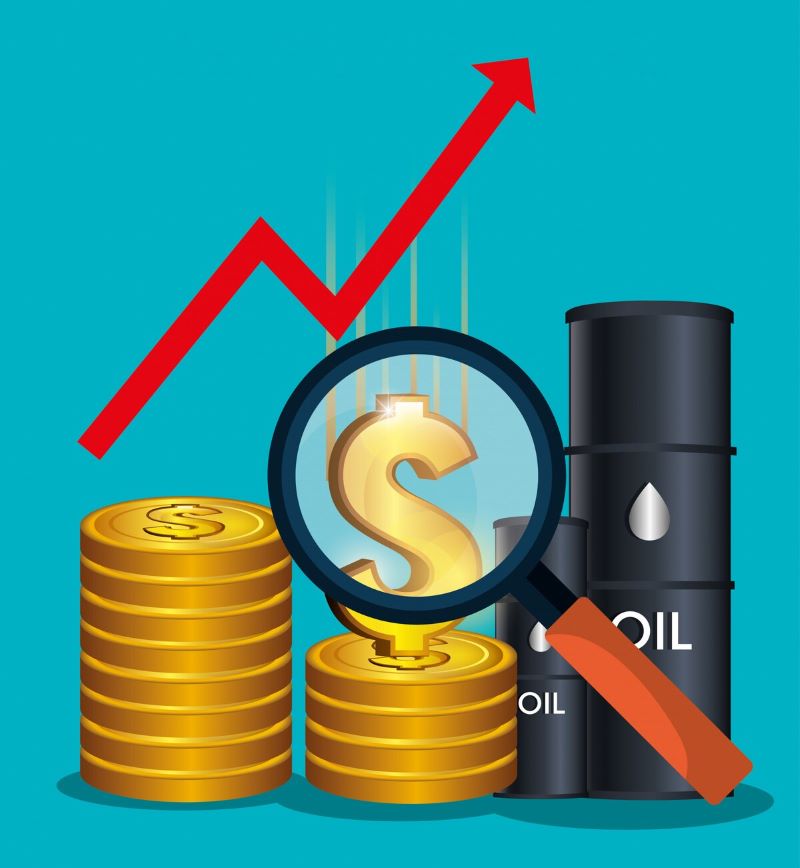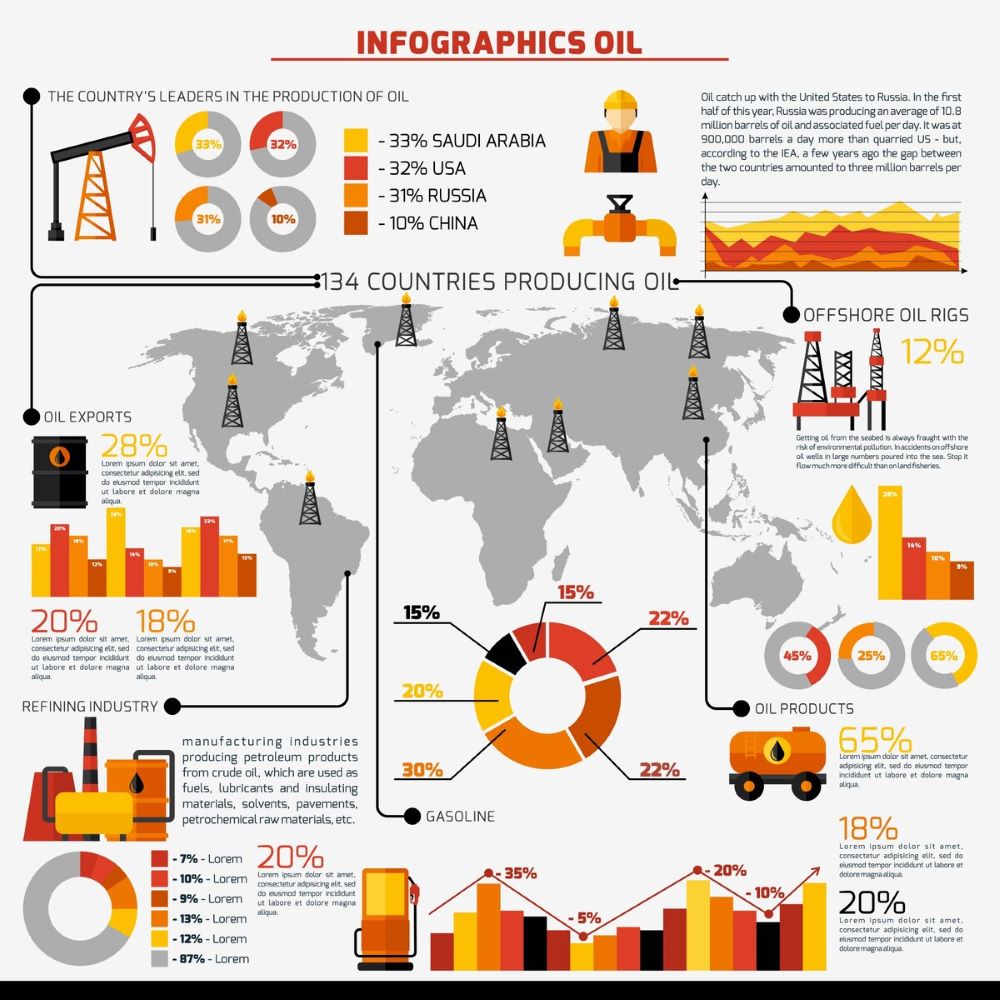A comprehensive exploration of one of the linchpins of the oil industry – the oil end seller. We’re embarking on a journey through the intricate web of the oil trade to understand the pivotal role played by these individuals and entities. From the origins of oil to its ultimate destination, we’ll unravel the multifaceted responsibilities of an oil end seller, shedding light on their significance in this vast industry.
The Crucial Role of an Oil End Seller
An oil end seller is a vital link in the supply chain, connecting oil producers with end consumers. This role encompasses various critical function
- Ownership and Sourcing: Oil end sellers may originate from diverse backgrounds. They can be producers, refineries, traders, or distributors. Regardless of origin, they own oil products and source them from upstream suppliers, whether crude oil from drilling sites or refined petroleum products from refineries.

- Quality Assurance: Ensuring the quality and compliance of oil products is a fundamental responsibility. Stringent adherence to industry standards and regulations is essential to provide buyers with safe and consistent products.
- Price Negotiations: Negotiation is a core competency for oil end sellers. Prices fluctuate due to market dynamics, geopolitical events, and supply-demand imbalances. End sellers navigate these factors to establish mutually beneficial deals with buyers.
- Logistics and Distribution: Coordinating oil transportation, storage, and distribution is no small feat. End sellers manage these logistics to meet their customers’ specific needs and timelines, whether they’re industrial corporations, fuel retailers, or other consumers.
- Regulatory Compliance: The oil industry operates within a highly regulated framework, encompassing environmental, safety, and trade regulations. End sellers must diligently comply with these regulations to avoid legal complications.
The Essence of Trust and Due Diligence
In the oil trade, trust and due diligence are indispensable. Establishing and maintaining trust between buyers and end sellers is a critical aspect of the industry. Here’s how to ensure trustworthiness:
- Background Assessment: Conduct a thorough background check before engaging with an end seller. Investigate their reputation, track record, and client testimonials. A reputable history is a strong indicator of trustworthiness.
- Legal Compliance: Verify that the end seller operates within the boundaries of the law. They should hold the requisite licenses, permits, and certifications. A commitment to legal compliance reflects professionalism.
- Quality Control Measures: Inquire about the end seller’s quality control processes. They should have robust systems to guarantee their products’ consistent quality.
- Financial Stability: Assess the financial stability of the end seller. A financially secure entity is better positioned to fulfil its contractual obligations without hiccups.

- Clear and Comprehensive Contracts: Transparency is key. Ensure that all agreements are meticulously detailed in contracts. Include specifications regarding delivery schedules, pricing mechanisms, quality standards, and dispute resolution procedures.
An oil end seller comes with its fair share of challenges and risks. End sellers face risks and challenges, including fluctuating oil prices, geopolitical uncertainties, and environmental regulations. For instance, end sellers must navigate the complexities of the oil market, including supply-demand imbalances and market dynamics that affect oil prices. Additionally, geopolitical tensions and conflicts can disrupt oil transportation and trade, leading to financial losses for end sellers. Finally, environmental regulations impose stringent requirements on the oil industry, and end sellers must comply with these regulations to avoid legal complications and reputational damage.
Pros of Being an Oil End Seller:
- Profit Potential: Oil is a valuable commodity, and end sellers can profit from selling oil products, especially during periods of high demand or when oil prices are favourable.
- Diverse Roles: End sellers can have diverse roles in the industry, from production and refining to distribution and trading. This diversity allows for flexibility and adaptability to market conditions.
- Market Stability: The demand for oil and petroleum products remains relatively stable, making it a resilient industry even during economic downturns.
- Global Reach: The oil industry is international in scope, providing opportunities for end sellers to engage in global trade and expand their market reach.
- Industry Influence: Successful end sellers often have the chance to shape industry standards, policies, and practices.
- Innovation: The oil industry continually seeks innovations in extraction, refining, and distribution methods, creating opportunities for end sellers to be at the forefront of technological advancements.
Cons of Being an Oil End Seller:
- Price Volatility: Oil prices are subject to significant fluctuations due to geopolitical tensions, supply disruptions, and economic conditions. This can create uncertainty and risk for end sellers.
- Environmental Concerns: The oil industry is scrutinised for its environmental impact, including greenhouse gas emissions and ecological damage. End sellers may face public and regulatory pressure to adopt cleaner practices.
- Regulatory Complexity: Compliance with many environmental, safety, and trade regulations can be complex and costly for end sellers. Failure to adhere to regulations can result in legal and financial repercussions.
- High Capital Requirements: Establishing and maintaining the oil production, storage, and transportation infrastructure requires substantial capital investment.
- Geopolitical Risks: The oil industry is influenced by geopolitical tensions and conflicts, which can disrupt supply chains and impact end sellers’ operations.
- Market Competition: The oil industry is highly competitive, with numerous players vying for market share. This competition can lead to thin profit margins and pricing pressure.
- Dependence on Oil Prices: End sellers’ profitability is closely tied to oil prices, and a sustained period of low prices can pose financial challenges.

Frequently Ask Questions About Oil End Seller (FAQ)
Q1: What is an oil end seller?
A1: An oil end seller is the final seller in the supply chain of oil products, responsible for selling oil to ultimate buyers, such as industrial companies, fuel retailers, or consumers. They may own or distribute various types of oil, including crude oil and refined petroleum products.
Q2: What are an oil end seller’s key roles and responsibilities?
A2: The roles and responsibilities of an oil end seller include ownership and sourcing of oil, ensuring product quality, price negotiations, managing logistics and distribution, and complying with industry regulations.
Q3: How do oil end sellers ensure the quality of their oil?
A3: Oil end sellers maintain product quality by adhering to industry standards, conducting regular quality control tests, and following safety and environmental regulations. They may also work with reputable suppliers and employ quality assurance measures throughout the supply chain.
Q4: What factors influence the prices set by oil end sellers?
A4: Oil prices set by end sellers can be influenced by market conditions, global supply and demand, geopolitical events, production costs, and competition within the industry. Prices are subject to fluctuations.
Q5: Are there risks associated with being an oil end seller?
A5: Yes, there are risks, including price volatility, regulatory compliance, environmental concerns, geopolitical instability, and market competition. Oil end sellers must carefully manage these risks to ensure the sustainability of their operations.
Q6: How can I verify the credibility of an oil end seller before entering into a transaction?
A6: To verify the credibility of an oil end seller, conduct a background check, review their reputation and track record, ensure they have the necessary licenses and permits, inquire about their quality control measures, assess their financial stability, and establish clear contractual terms.
Q7: What are some environmentally friendly practices in the oil industry?
A7: Environmentally friendly practices in the oil industry include adopting clean and efficient extraction technologies, reducing greenhouse gas emissions, minimising environmental impact during transportation, and investing in renewable energy sources.
Q8: How does the oil industry address safety concerns?
A8: The oil industry strongly emphasises safety through rigorous safety protocols, employee training, and equipment maintenance. Regulatory bodies also impose safety standards and conduct inspections to ensure compliance.
Q9: What is the outlook for the future of the oil industry?
A9: The future of the oil industry is expected to include a transition toward cleaner energy sources, increased focus on sustainability, and continued efforts to reduce environmental impact. The industry will likely evolve in response to changing energy demands and climate concerns.
Q10: How can I stay updated on developments in the oil industry?
A10: You can stay updated on the oil industry by following industry news outlets, subscribing to energy-related publications, attending industry conferences and events, and monitoring government policies and regulations on energy and the environment.